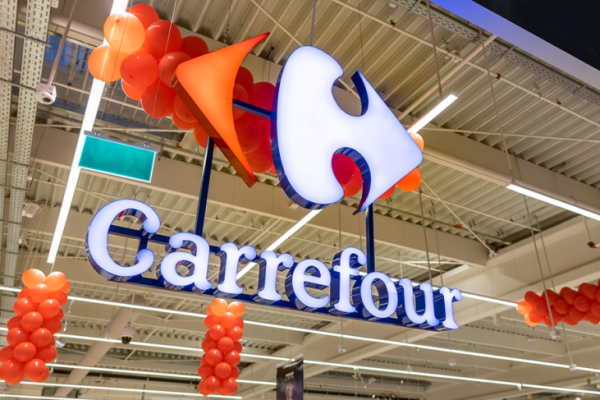A return to the shopper behaviours of the 'austere late 70s and early 80s' is on the rise due to persistent inflation and the associated cost of living crisis, a new study by IRI has found.
According to the FMCG Demand Signals report, some 61% of consumers surveyed in Europe's largest markets say they are worried about the financial impact on themselves and their families, while 71% state that they have already made changes to how they buy and use everyday items.
More than half (58%) say that they have cut down on essentials, including driving to work or going shopping, missing meals and reducing heating usage; while 35% have dipped into their personal savings and/or are taking out loans to pay bills.
Impact Factors
The report examined the impact of the pandemic, inflation and the cost of living crisis on over 230 FMCG categories, more than 2,000 product segments and over a 100 million SKUs across the US and several of the largest markets in Europe (France, Italy, Germany, Spain, UK and Netherlands) and Asia Pacific.
It found that growth in FMCG category sales has softened to 1.5% this year (adding €9 billion in sales compared to a year ago), which is down from 3% growth last year.
In addition, where growth has been recorded, it is largely being driven by inflationary price increases – Chilled & Fresh, Ambient, Beverages and Personal Care are among the categories fuelling 2022 growth.
Other changing shopper habits recorded by the study include increased focus on choosing where to shop – either via another channel or retailer if their regular brand isn’t available (26%) on promotion (34%), or if the shop doesn’t have a wide enough range of deals (41%). Discounters are a major beneficiary of this trend, the report notes.
In addition, some 58% are comparing prices more often between similar brands or products, with just under half (49%) examining ways to get better value from the products they use, such as washing powders.
The pandemic trend of cooking at home also appears to be continuing, albeit driven by cost concerns more than health issues. Some 49% said that they plan to cook fresh at home, while a higher percentage also plan to revert to cooking at home for traditionally 'out of home' occasions.
Softness In Demand
“The ongoing slump in unit sales in response to inflation is an early indication of softness in FMCG demand," commented Ananda Roy, Global SVP, Strategic Growth Insights, IRI. “Unable to deliver every day lower pricing deals – and even maintain prices – because they’re experiencing higher input costs themselves, means brands and retailers need to look again at how they can support consumers throughout this very difficult period.
"We’re witnessing the biggest movement in consumer behaviour in over five decades, with shoppers questioning ‘Do I really need it?’, ‘Can we still afford to make a sustainable or altruistic choice?’ and now ‘Use less, waste less’.”
© 2022 European Supermarket Magazine – your source for the latest retail news. Article by Stephen Wynne-Jones. Click subscribe to sign up to ESM: European Supermarket Magazine.













